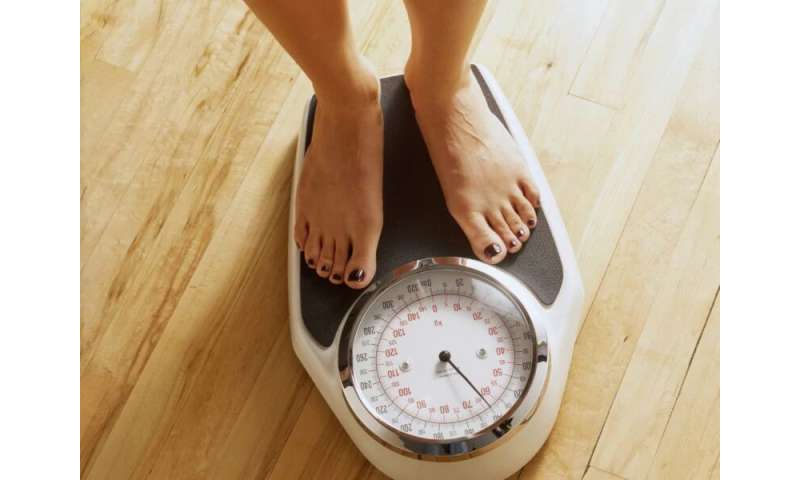
(HealthDay)—Although many people can lose weight, few maintain the loss. Could individual telephone support be the key to keeping extra pounds at bay?
New research suggests that telehealth counseling after weight loss may be just the support that people in rural areas need to maintain their weight loss long-term. At the 12-month point in the study, people who had individual telephone counseling had maintained an average of 100% of their weight loss.
Other studies have found that it is not uncommon for dieters to regain up to half the weight they lost within a year.
“We tend to think of problems like overweight and obesity as acute care problems—people think you treat it and it’s done. But for continued success, you have to work on it always, and it’s hard to do this on your own,” said the study’s senior author, Michael Perri. “You really do need support and someone who is on your side, but also someone who can challenge you.”
But distances can be a real barrier to care for people who live in rural areas, said Perri, dean of the University of Florida College of Public Health and Health Professions, in Gainesville.
The COVID-19 pandemic has helped remove that barrier through increased access to telehealth—care delivered remotely by telephone or internet.
So researchers designed their study using telehealth—either individually or by group—to see if consistent remote counseling made a difference in weight maintenance.
The study started with a face-to-face weight loss program including more than 500 adults from 14 counties in Florida. Their average weight loss was just over 18 pounds. The participants met at U.S. Department of Agriculture (USDA) cooperative extension offices.
“The USDA cooperative extension service has offices in almost every county in the U.S.: They were originally set up to help farmers, but their mission has expanded to health promotion,” Perri said.
He said folks in rural areas tend to be familiar with the cooperative extension office and value information it provides. For example, Perri said people at the office know the history of cooking in the area and can suggest healthier ways to prepare local favorites.
“Cooperative extension agents are from the community,” Perri noted.
During the study’s maintenance phase, 445 participants were randomly assigned to individual phone counseling, group phone counseling or email education. Over a year, they had 18 sessions or emails from the USDA agents. They were also asked to keep daily food logs.
People who had one-on-one phone counseling had the most success with maintaining their weight loss once support ended, regaining about 5 pounds over 18 months. Those who got group counseling regained just over 6 pounds, and the email group regained 9 pounds.
Perri said the counseling approaches probably helped through “supportive accountability.” People knew their counselor would continue to work with them and support them, and they also knew the counselor would be asking, “How did you do this week?”
That probably wasn’t as strong in the group counseling, he suggested.
“People in the group sessions were more reluctant to talk about not doing well than those in one-on-one sessions,” Perri said, and attendance wasn’t as high for the group sessions. But those who participated did well at maintaining their weight, he added.
The findings were published online June 15 in JAMA Network Open.
Lu Hu, an assistant professor in the Center for Healthful Behavior Change at NYU Langone Health in New York City, co-authored an editorial that accompanied the study.
“A major part of the success of the individual telephone counseling is that it holds them accountable and keeps them more engaged in obesity management behavior, including self-monitoring what you eat and your physical activity,” Hu said.
Hu expects that the shift to remote health care spurred by the COVID-19 pandemic will continue. And that’s helpful not only for rural folks: Transportation issues and taking time off work can be challenges for urban and suburban populations, too.
Using a smartphone to log your activity and what you eat might be easier for most people, Hu added.
“Self-monitoring really is an essential component of behavior change. If you track what you are taking in, it helps you evaluate your calorie goals. If you have a daily goal of 1,200 calories, and you’ve eaten 1,000 calories by lunch, you know that you need to make an adjustment at dinner,” Hu said.
Source: Read Full Article
